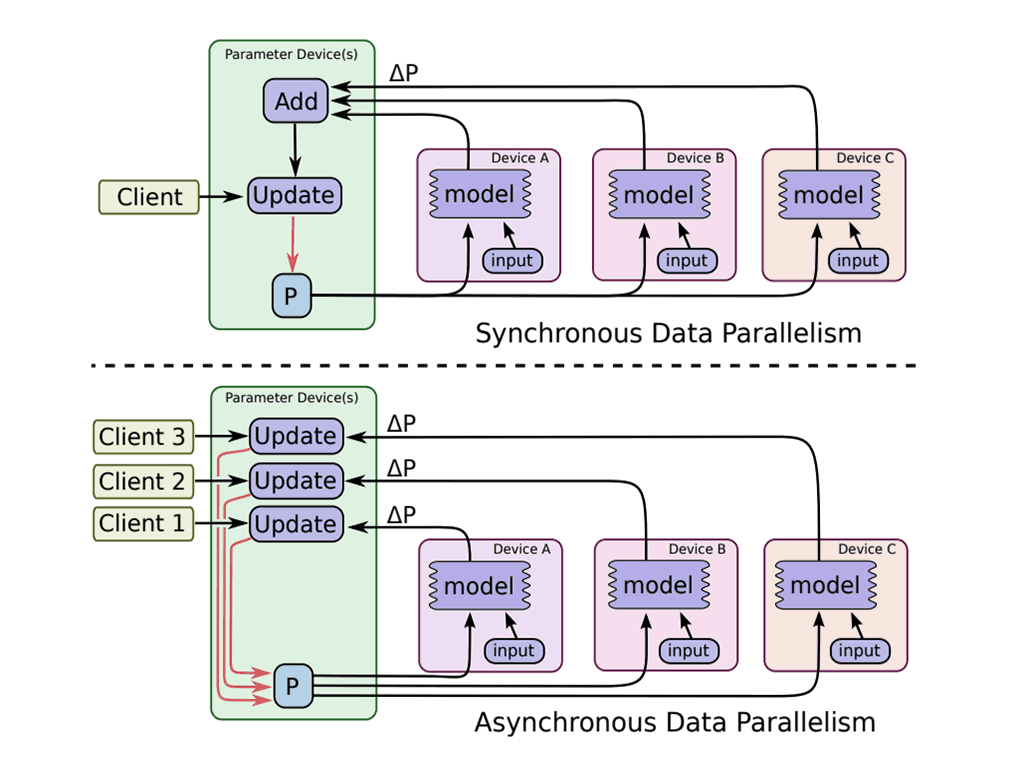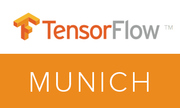Distributed TensorFlow and Classification of Time Series Data Using Neural Networks

While the conventional methods may lag behind in terms of accuracy, convolutional neural networks come to the rescue. At the recent TensorFlow meetup in Munich, the speakers highlighted the potential of deep learning tools for classifying time series data, as well as the perks of training models using distributed TensorFlow.
Classifying time series data with TensorFlow
In his session, Andreas Pawlik of NorCom explored the potential of deep learning technologies and TensorFlow for classification of time series data, or timestamps used for sequence of events. He enumerated a few examples for applying this approach:
- Light curves in astrophysics
- Different shapes (skull, blood cell, butterfly, etc.)
- Electrocardiograms in medicine
- Protein sequences in genetics
- Intruder activity logs in IT security
- Sensor data
Andreas underlined that though classification of time series data is a standard problem, still it can be challenging. Furthermore, conventional approaches may be computationally expensive and their accuracy heavily depends on the quality of user input. In contrast to that, deep learning technologies—such as multi-scale convolutional networks—pose a better alternative with high accuracy rate.
Find Andreas’s presentation below.
Intro to distributed TensorFlow
Miha Pelko of NorCom overviewed the distributed version of TensorFlow, which allows for training bigger models faster. He demonstrated different ways of model training parallelization for:
- Separate models with different data
- Separate models with the same data
- Full model with split data
- Split model with full-split data
Recently, we have conducted a study exploring the performance of distributed TensorFlow. You can find full Miha’s slides below.
Want details? Watch the video!
Join the meetup group to get informed about the upcoming events.
Further reading
- Using Convolutional Neural Networks and TensorFlow for Image Classification
- TensorFlow for Foreign Exchange Market: Analyzing Time-Series Data
- Performance of Distributed TensorFlow: A Multi-Node and Multi-GPU Configuration
About the experts












